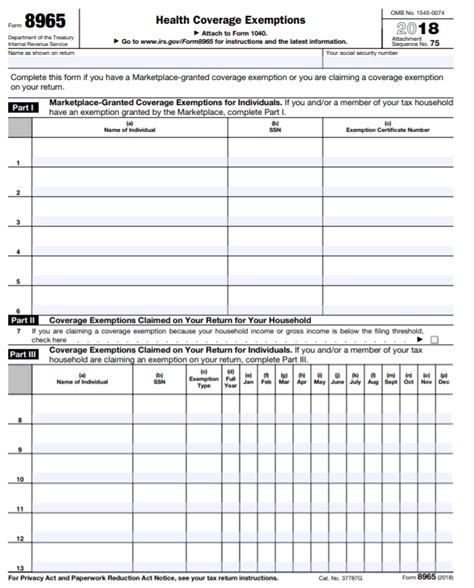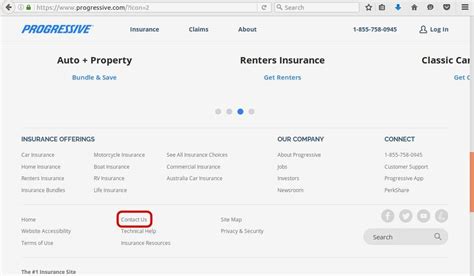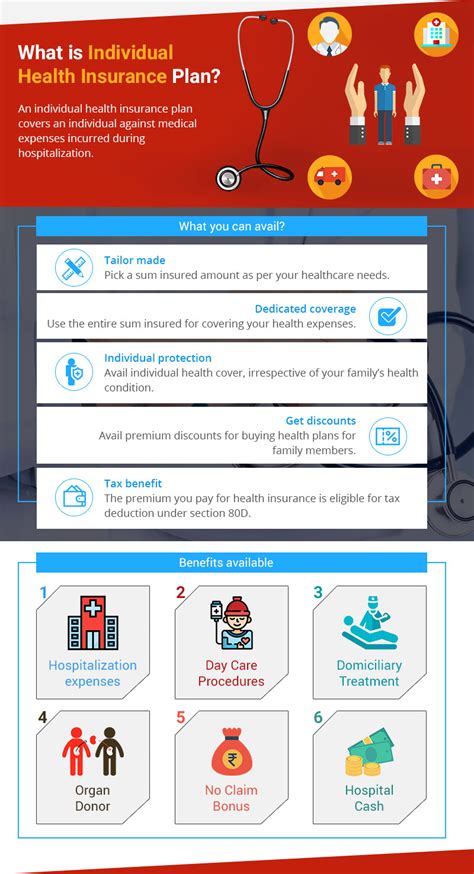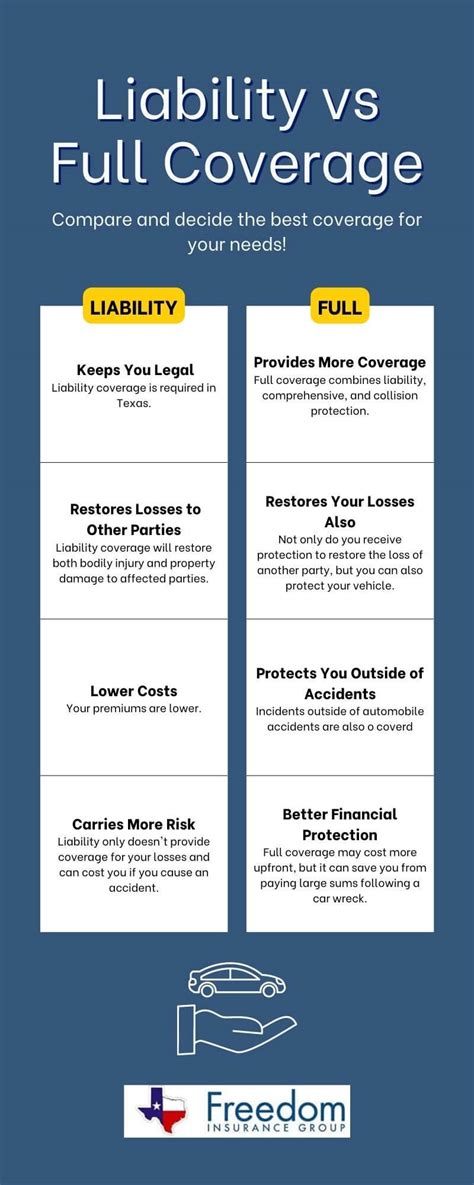What Is The Fine For Not Having Medical Insurance

Healthcare is a vital aspect of any society, and ensuring access to quality medical services is a pressing concern for individuals and governments alike. One common approach to encourage universal healthcare coverage is the implementation of a mandated health insurance system, often coupled with financial penalties for non-compliance. This article delves into the intricacies of such systems, specifically exploring the question: What is the fine for not having medical insurance? We will examine the varying penalties across different jurisdictions, the rationale behind these fines, and their impact on healthcare accessibility and affordability.
The Landscape of Healthcare Mandates and Penalties

The concept of individual mandates, requiring citizens to have health insurance coverage, has gained traction in recent years. This approach aims to address the issue of uninsured individuals utilizing emergency medical services, which are often costly and funded by taxpayers. By mandating insurance, the idea is to spread the financial risk and ensure a more sustainable healthcare system.
Penalties Across Jurisdictions
The penalties for non-compliance with health insurance mandates vary significantly depending on the country or region.
-
United States: The Affordable Care Act (ACA), commonly known as Obamacare, introduced a shared responsibility payment for those without qualifying health coverage. As of 2022, the penalty is $0, meaning there is currently no fine for not having health insurance in the US. However, this could change with future policy shifts.
-
Canada: Canada operates a single-payer healthcare system, with most provinces providing universal healthcare coverage. As a result, there are generally no fines for not having medical insurance, as the system is designed to cover all residents.
-
United Kingdom: The UK's National Health Service (NHS) is also a single-payer system, offering comprehensive healthcare coverage to all UK residents. There are no specific fines for lacking medical insurance, as the NHS is publicly funded.
-
Australia: Australia's Medicare system provides universal healthcare coverage. While there is no fine for not having insurance, individuals without private health insurance may face a Lifetime Health Cover loading, which is an additional cost applied when they eventually take out private health insurance.
-
Germany: In Germany, health insurance is mandatory, and individuals must enroll in either a public or private health insurance plan. Those who fail to comply may face a fine of up to 2% of their annual income, with a minimum penalty of €304.
These examples illustrate the diverse approaches taken by different countries to encourage healthcare coverage. While some regions impose significant fines, others rely on a more indirect system of incentives and penalties.
Rationale Behind the Fines

The imposition of fines for lacking health insurance is driven by several key considerations:
-
Cost-Shifting: Uninsured individuals often seek emergency medical care, which is typically covered by taxpayers or insurance premiums paid by others. Fines aim to discourage this practice and ensure that the financial burden is shared more equitably.
-
Risk Pooling: Health insurance mandates aim to create a risk pool that includes both healthy and unhealthy individuals. This ensures that the costs of healthcare are distributed across a wider population, making insurance more affordable for everyone.
-
Encouraging Preventive Care: By requiring insurance, individuals are more likely to seek regular medical check-ups and preventive care, leading to better overall health outcomes and reduced healthcare costs in the long term.
Proponents of these fines argue that they are necessary to maintain a sustainable and equitable healthcare system. However, critics raise concerns about the potential impact on low-income individuals and the complexity of the healthcare insurance landscape.
Impact on Healthcare Accessibility and Affordability
The introduction of fines for not having medical insurance can have both positive and negative effects on healthcare accessibility and affordability.
Positive Impacts
-
Increased Coverage: Fines can encourage individuals to obtain health insurance, leading to a broader base of insured people. This, in turn, can improve the overall financial stability of the healthcare system.
-
Reduced Emergency Room Overuse: By deterring uninsured individuals from using emergency rooms for non-emergency care, fines can help alleviate the strain on emergency medical services and reduce wait times for all patients.
Potential Drawbacks
-
Financial Burden on Low-Income Individuals: Fines can disproportionately affect those with limited financial means, potentially creating a barrier to healthcare access for vulnerable populations.
-
Complexity and Confusion: Healthcare insurance systems are often complex, and individuals may struggle to navigate the requirements and penalties. This complexity can lead to unintentional non-compliance and associated fines.
-
Inadequate Coverage: While fines may encourage insurance enrollment, they do not guarantee access to comprehensive and affordable healthcare. Individuals may opt for bare-bones insurance plans to avoid penalties, which may not provide sufficient coverage.
The Future of Healthcare Mandates
The debate surrounding healthcare mandates and associated fines is ongoing, with policymakers continually evaluating the effectiveness and fairness of these measures. As healthcare systems evolve, it is crucial to strike a balance between encouraging universal coverage and ensuring accessibility and affordability for all.
Moving forward, a multi-faceted approach may be necessary, combining incentives for insurance enrollment with efforts to simplify the healthcare insurance landscape and provide targeted support for vulnerable populations. This holistic strategy could help address the challenges associated with healthcare mandates while maintaining a sustainable and equitable healthcare system.
FAQ

What happens if I can’t afford health insurance, even with the penalty waived in the US under the ACA?
+If you cannot afford health insurance and your income is below a certain threshold, you may be eligible for Medicaid or other assistance programs. It’s recommended to explore these options and seek guidance from healthcare professionals or government agencies to ensure you receive the necessary coverage.
Are there any exceptions to the health insurance mandates and fines in countries like Germany or Australia?
+Yes, there are exceptions. In Germany, for instance, individuals who are uninsured due to religious beliefs or conscientious objections may be exempt from the fine. Similarly, in Australia, certain categories of individuals, such as temporary residents, may be exempt from the Lifetime Health Cover loading.
How can I find out more about my country’s health insurance requirements and potential fines?
+The best way to obtain accurate and up-to-date information is to consult official government websites or reach out to healthcare authorities in your region. They can provide you with the latest guidelines and assist you in understanding your obligations and potential penalties.



